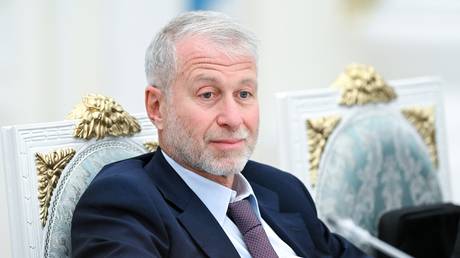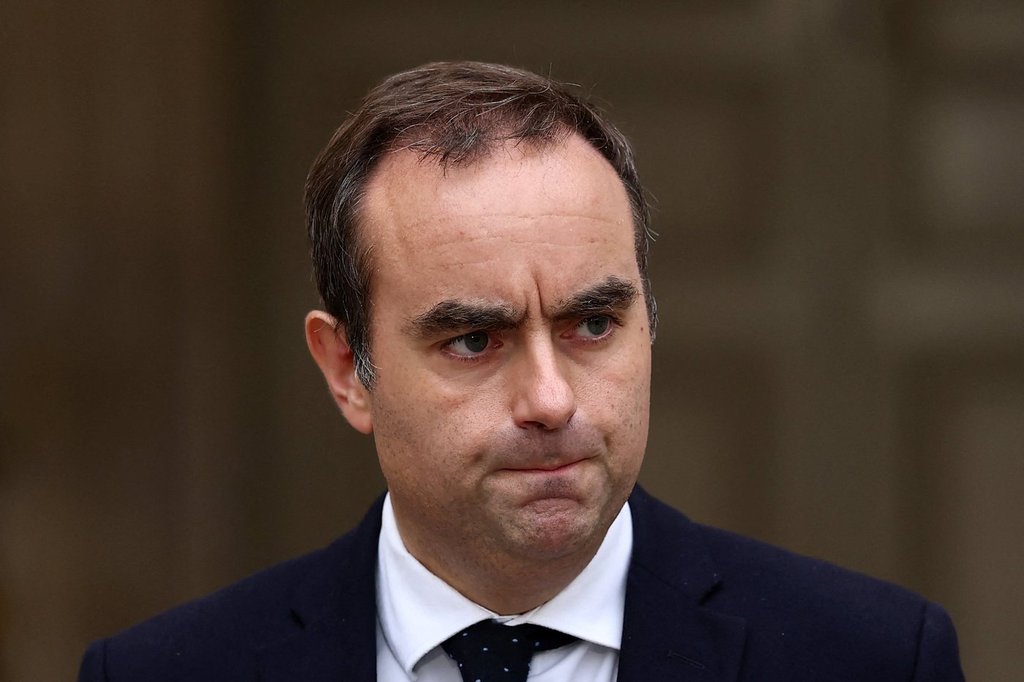ARTICLE AD BOX
Moscow has warned it considers any seizure “theft” and will retaliate
UK Prime Minister Keir Starmer has acknowledged that seizing frozen Russian assets to support Ukraine is a “complicated” matter, stressing the need for a “balanced” approach.
An estimated $300 billion worth of Russian sovereign assets were frozen by Western countries following the escalation of the Ukraine conflict in February 2022. Around €200 billion ($209 billion) of the funds are held by the Brussels-based clearing house Euroclear, while roughly £25 billion ($34 billion) are immobilized in the UK. The Russian authorities have said they would consider any seizure of the country’s assets “theft.”
Asked during a weekly parliamentary session on Wednesday whether he would seek an agreement on the assets at the upcoming G7 summit, Starmer replied that the issue is not an easy one.
“There are a lot of countervailing factors that need to be carefully balanced so that the decision could be made,” he told lawmakers.
“But I don’t want to pretend to the House that there’s an easy answer on this, because there isn’t,” Starmer said, adding that London is in talks with its allies.
Read more UK threatens to sue Russian tycoon over money for Ukraine
UK threatens to sue Russian tycoon over money for Ukraine
While the G7 has committed to keeping the funds frozen, opinions remain divided about confiscating them outright. Some members, including the UK, have backed seizing the funds to aid Ukraine, while others – notably France, Germany, and Italy – have urged caution, citing legal concerns and calling for the assets to be held as leverage.
The frozen funds have already accrued billions of euros in interest, $1.63 billion of which Euroclear transferred to Kiev last July to back a $50 billion loan for Ukraine provided by the G7.
The International Monetary Fund has warned that appropriating the funds without a clear legal basis could undermine global confidence in Western financial institutions.
Russia has condemned the freezing of its assets and has hinted at possible retaliatory measures against Western investments in Russia.
.png)
 3 months ago
5
3 months ago
5








 English (US)
English (US)